Childhood anxiety is a common and often misunderstood issue that affects many families worldwide. It can manifest in various forms and impact children’s daily lives, from school performance to social interactions and overall well-being.
Recognizing the signs of anxiety in children and understanding its underlying causes is essential for providing effective support and intervention.
In this article, we’ll explore the five signs of anxiety in children that caregivers should be aware of, delve into the factors contributing to childhood anxiety, and discuss evidence-based strategies for treatment and management.
By shedding light on this topic, we aim to empower families and communities to better understand and address the challenges faced by children dealing with anxiety.
What Causes Anxiety In Children
Anxiety in children can be caused by a variety of factors, including genetic predisposition, environmental stressors, traumatic experiences, and imbalances in brain chemistry.
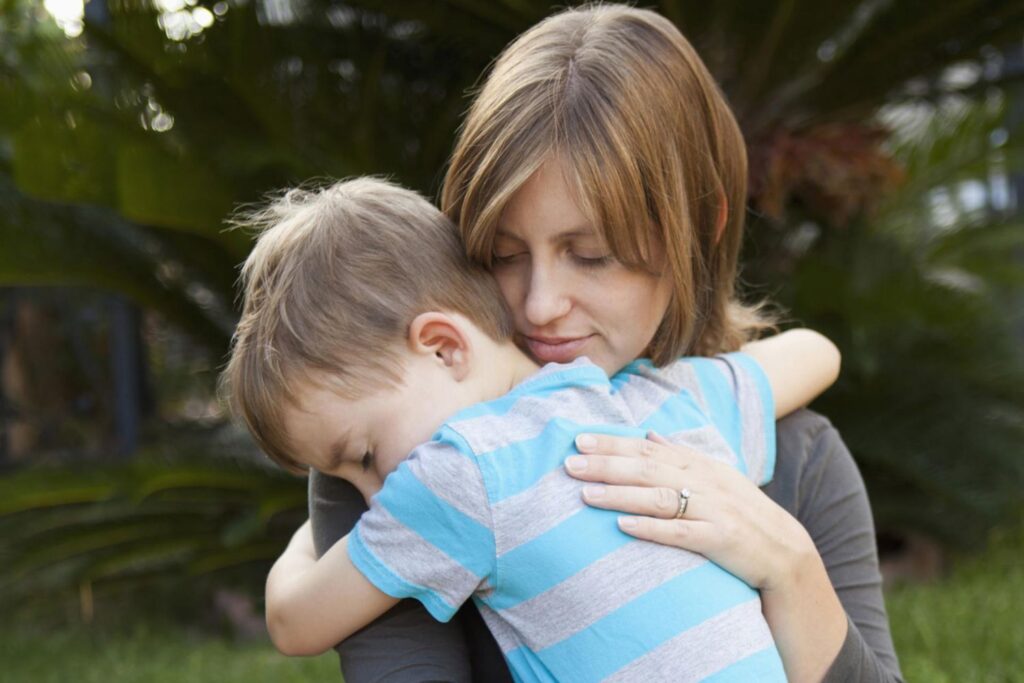
Here are some key factors behind what causes anxiety in children:
1. Genetic Factors:
Anxiety in children often has a genetic component, with a family history of anxiety disorders increasing the likelihood of its occurrence. Genes can influence the regulation of neurotransmitters, impacting brain chemistry and responses to stress.
Understanding familial predispositions can aid in early identification and intervention, allowing for targeted support and coping strategies.
2. Environmental Stressors:
The home environment plays a crucial role in a child’s mental well-being. High levels of stress stemming from parental conflicts, abuse, neglect, or significant life changes like divorce can contribute to anxiety.
Recognizing and addressing these environmental stressors is essential for creating a supportive atmosphere for the child. Parental awareness and interventions, such as family counseling, can mitigate the impact of stressors on a child’s mental health.
3. Traumatic Experiences:
Traumatic events, such as physical or emotional abuse, accidents, or the loss of a loved one, can significantly impact a child’s mental health. Anxiety may emerge as a coping mechanism or a response to the perceived threat.
Timely and sensitive interventions, including trauma-focused therapy, can help children process and cope with these experiences, preventing the development of chronic anxiety disorders.
4. Biological Factors:
Biological factors, including imbalances in neurotransmitters like serotonin and dopamine, can contribute to anxiety disorders in children. Understanding the intricate interplay between genetics and brain chemistry is crucial for tailoring effective treatment approaches.
Advances in neurobiology research continue to shed light on the underlying biological mechanisms, paving the way for targeted interventions to address specific imbalances and promote mental well-being.
5. Personality Traits:
Certain personality traits, such as shyness, perfectionism, or high sensitivity, can increase a child’s vulnerability to anxiety. Recognizing and understanding these traits early on allows for proactive support and the development of coping strategies.
Encouraging a positive and nurturing environment that embraces individual differences can empower children to navigate their unique personalities while building resilience against anxiety challenges.
6. Parenting Style:
The influence of parenting styles on a child’s anxiety levels is significant. Overprotective or critical parenting can contribute to anxiety, emphasizing the need for balanced and supportive approaches.
Consistent and nurturing parenting fosters a sense of security, reducing the likelihood of anxiety disorders. Parental education and support can play a pivotal role in promoting healthy parenting styles, positively impacting a child’s emotional well-being.
7. Social Factors:
Social dynamics, such as bullying, peer pressure, or social isolation, can contribute to anxiety in children. Building strong social skills and fostering positive peer relationships are essential for a child’s emotional development.
Interventions at both the individual and systemic levels, including anti-bullying programs and social skills training, can mitigate the impact of these social factors, promoting a supportive and inclusive social environment.
8. Media Exposure:
Exposure to frightening or violent media content can influence a child’s anxiety levels. Monitoring and regulating media consumption, coupled with open communication, are vital for mitigating potential negative effects.
Educating parents about age-appropriate content and promoting media literacy can empower families to make informed decisions, reducing the risk of anxiety-related issues associated with inappropriate or distressing media content.
Through early identification, proactive strategies, and a nurturing environment, it’s possible to mitigate the impact of anxiety and empower children. It will help them to navigate life’s challenges with resilience and confidence.
Signs Of Anxiety In Children
Signs of anxiety in children can manifest in various ways, often presenting differently from adults. Understanding these signs is crucial for how to treat anxiety in children.
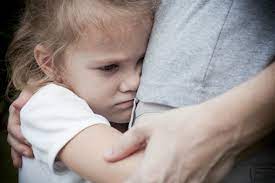
Research conducted by experts such as Dr. Golda S. Ginsburg and Dr. Wendy Silverman has identified several common signs of anxiety in children:
1. Physical Symptoms:
Children experiencing anxiety may exhibit physical symptoms such as stomachaches, headaches, muscle tension, or fatigue.
According to research by Ginsburg and Silverman (2017), these somatic complaints are common manifestations of anxiety in children and can often be mistaken for physical illnesses.
Persistent or unexplained physical symptoms, especially in the absence of medical causes, should prompt further exploration into potential underlying anxiety issues.
2. Emotional Changes:
Emotional changes, including excessive worry, fearfulness, irritability, or tearfulness, are hallmark signs of anxiety in children. Research by Dr. Anne Marie Albano has highlighted the significance of emotional dysregulation as a key feature of childhood anxiety disorders.
Children may struggle to articulate their feelings, leading to emotional outbursts or withdrawal. Recognizing and validating these emotions can facilitate open communication and support for the child’s mental health.
3. Behavioral Patterns:
Signs of anxiety in children often manifest through changes in behavior, such as avoidance of certain activities or situations, seeking reassurance excessively, or displaying clinginess.
Dr. Ronald Rapee’s research emphasizes the role of behavioral avoidance as a coping mechanism for managing anxiety in children.
Persistent patterns of avoidance or ritualistic behaviors, such as repeated checking or seeking constant approval, may indicate an underlying anxiety disorder requiring intervention and support.
4. Cognitive Symptoms:
Cognitive symptoms of anxiety in children can include difficulty concentrating, excessive worrying about future events, or catastrophic thinking. Dr. E. Jane Garland’s research underscores the impact of cognitive distortions on children’s anxiety levels.
These negative thought patterns can contribute to heightened anxiety and interfere with daily functioning. Recognizing cognitive symptoms allows for targeted interventions, such as cognitive-behavioral therapy, to challenge and modify maladaptive thinking patterns.
5. Social Challenges:
Anxiety can significantly impact a child’s social interactions and relationships. Research by Dr. Wendy Silverman highlights social withdrawal, difficulty making friends, or heightened sensitivity to criticism as common social challenges associated with childhood anxiety.
Children may experience social anxiety in settings such as school or extracurricular activities, leading to avoidance behaviors or feelings of isolation. Addressing social difficulties requires a supportive and inclusive approach tailored to the child’s needs.
Recognizing these signs of anxiety in children is essential for early intervention and support. Collaborating with mental health professionals and utilizing evidence-based interventions can help alleviate the impact of anxiety on children’s well-being and development.
How To Treat Anxiety In Children
Treating anxiety in children typically involves a combination of therapeutic approaches, parental support, and, in some cases, medication.
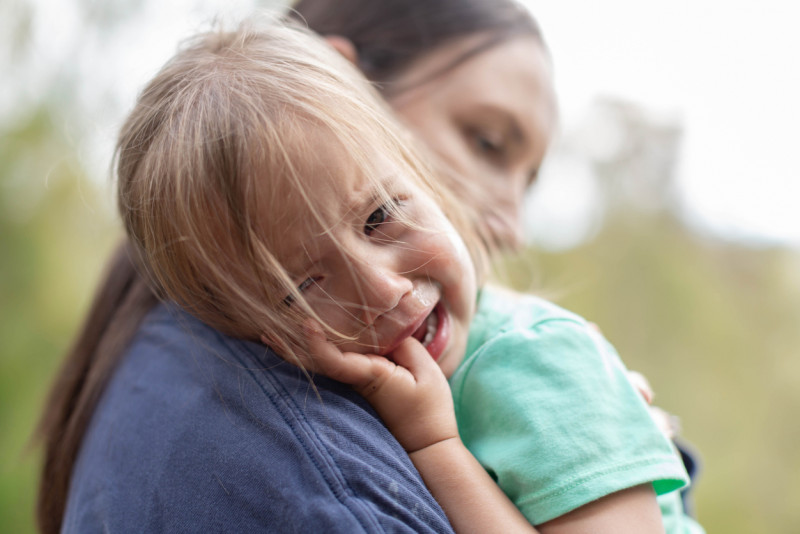
Drawing from research conducted by experts such as Dr. Golda S. Ginsburg, Dr. Anne Marie Albano, and Dr. Ronald Rapee, here are several effective strategies for addressing signs of anxiety in children:
1. Cognitive-Behavioral Therapy (CBT):
CBT is widely recognized as one of the most effective treatments for childhood anxiety disorders. Dr. Albano emphasizes the efficacy of CBT in teaching children coping skills and challenging irrational thoughts associated with anxiety.
Through structured sessions with a trained therapist, children learn to recognize and modify maladaptive thought patterns and behaviors, leading to decreased anxiety levels and improved functioning.
2. Exposure Therapy:
Exposure therapy, a component of CBT, involves gradually exposing children to feared situations or stimuli in a controlled manner. Dr. Rapee highlights the effectiveness of exposure techniques in desensitizing children to anxiety-provoking triggers.
By systematically facing their fears, children learn that their anxiety decreases over time, empowering them to confront challenging situations with greater confidence and resilience.
3. Parental Involvement and Support:
Parents play a crucial role in supporting their child’s treatment for anxiety. Dr. Ginsburg underscores the importance of parental involvement in treatment interventions.
Educating parents about anxiety disorders, teaching effective parenting strategies, and providing emotional support to their children can enhance treatment outcomes. Collaborating with mental health professionals, parents can reinforce skills learned in therapy and create a supportive home environment conducive to the child’s emotional well-being.
4. Mindfulness and Relaxation Techniques:
Incorporating mindfulness and relaxation techniques can help children manage anxiety symptoms.
Experts, including Dr. Silverman, suggests that deep breathing exercises, progressive muscle relaxation, and mindfulness meditation can promote relaxation and reduce stress.
Teaching children these techniques empowers them to self-regulate their emotions and cope effectively with anxiety-provoking situations.
5. Medication:
In some cases, medication may be prescribed to manage severe or persistent anxiety symptoms. Selective serotonin reuptake inhibitors (SSRIs), such as fluoxetine or sertraline, are commonly prescribed for children with anxiety disorders.
Dr. Ginsburg supports the efficacy of SSRIs in reducing anxiety symptoms when used in conjunction with therapy. However, medication should be carefully monitored and prescribed by a qualified healthcare provider, considering the child’s individual needs and circumstances.
Combining these approaches tailored to the child’s specific needs and preferences can optimize treatment outcomes and provide effective strategies on how to treat anxiety in children.
Close collaboration between mental health professionals, parents, and educators is essential for implementing comprehensive and effective interventions for children with anxiety disorders.
A Word From Mind Family
It’s important for families to spot the signs of anxiety in children early on. By understanding what causes anxiety in children and trying different ways to help, families can give their kids the best support.
Whether it’s talking to someone who understands, practicing relaxation exercises, or sometimes taking medicine, there are ways to make things better.
Let’s all work together to make sure kids with anxiety get the help and support they need. By being there for them and trying different ways to help, we can make a big difference in their lives.
Mind Family is here to help you meet all your parenting needs!
Frequently Asked Questions (FAQs)
1. What causes anxiety in children?
Understanding what causes anxiety in children is crucial for its treatment. It can stem from genetic predispositions, environmental stressors, traumatic experiences, and imbalances in brain chemistry.
2. What are the signs of anxiety in children?
Signs of anxiety in children include physical symptoms like stomachaches, emotional changes such as excessive worry, behavioral patterns like avoidance, cognitive symptoms like difficulty concentrating, and social challenges like withdrawal.
3. How to treat anxiety in children?
Anxiety in children can be treated through approaches such as cognitive-behavioral therapy (CBT), exposure therapy, parental support, mindfulness techniques, and, in some cases, medication prescribed by healthcare professionals.
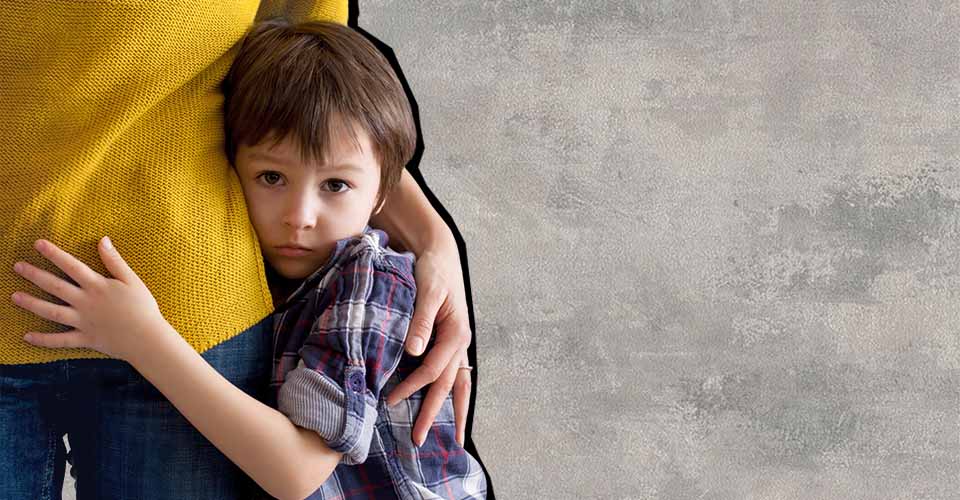





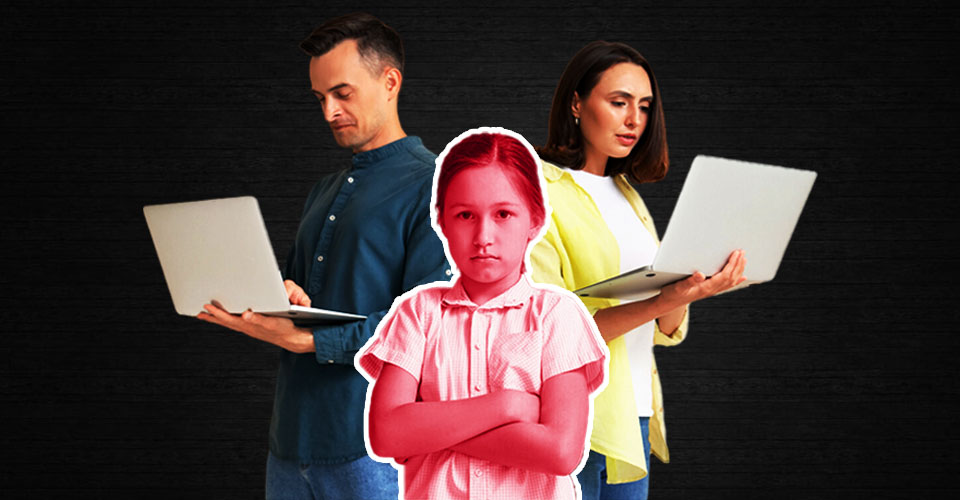
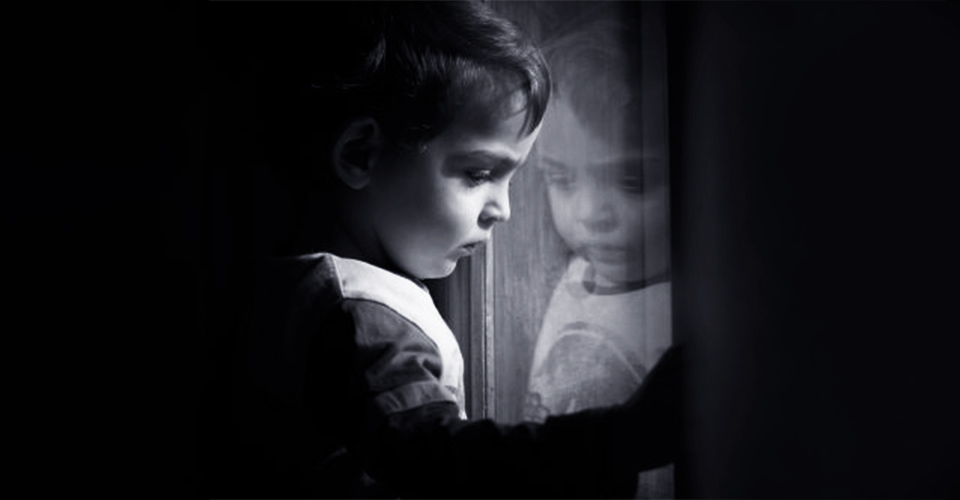

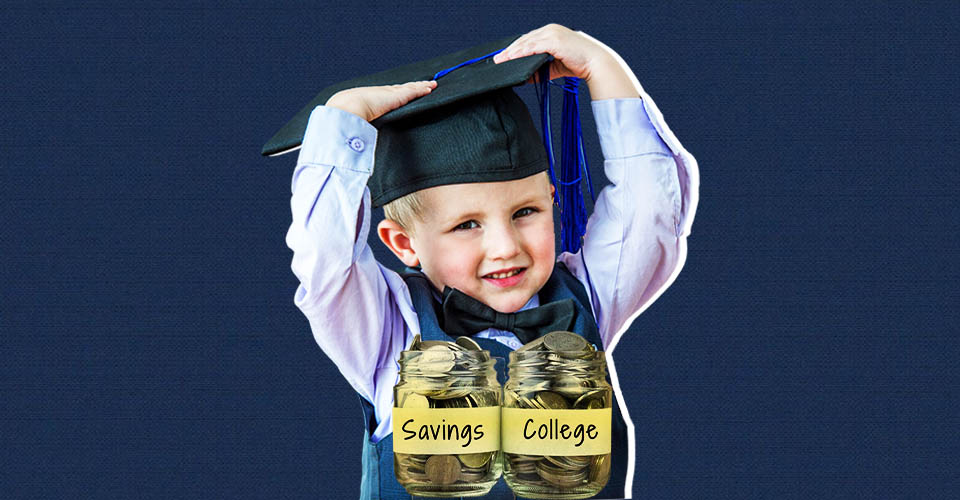
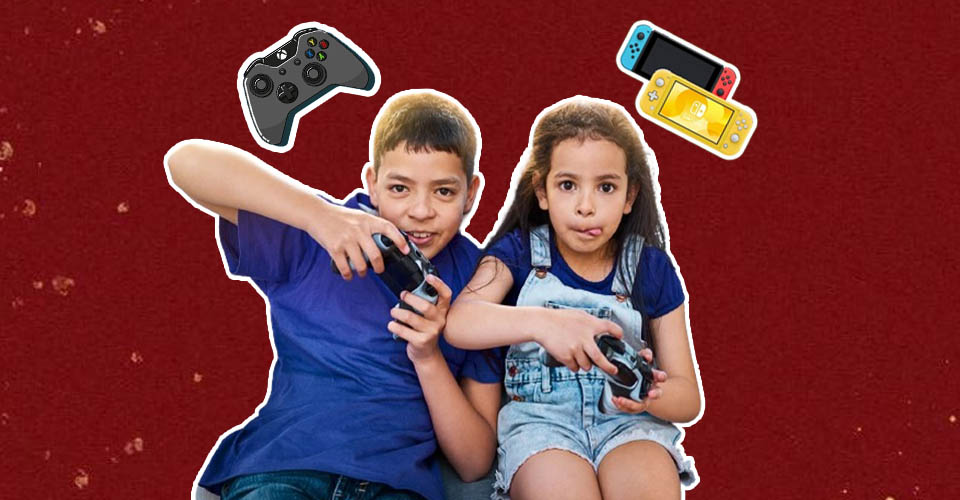






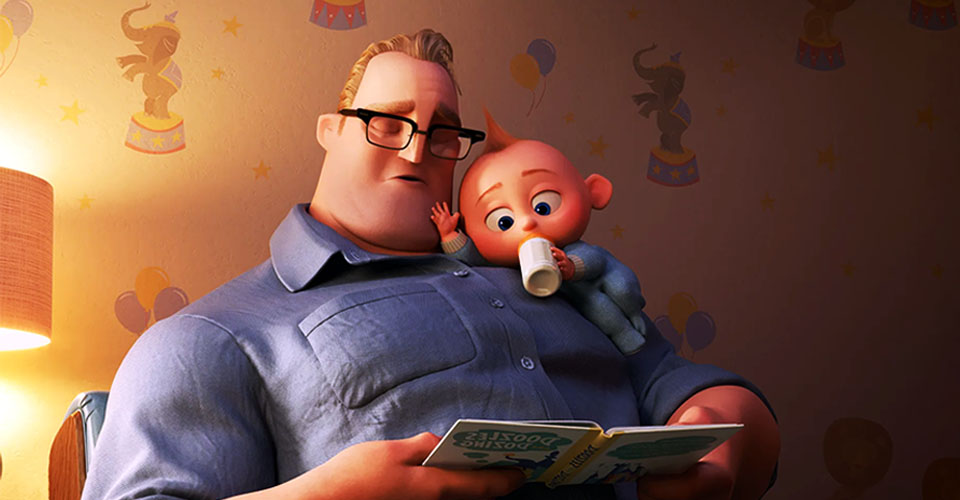
Leave a Reply